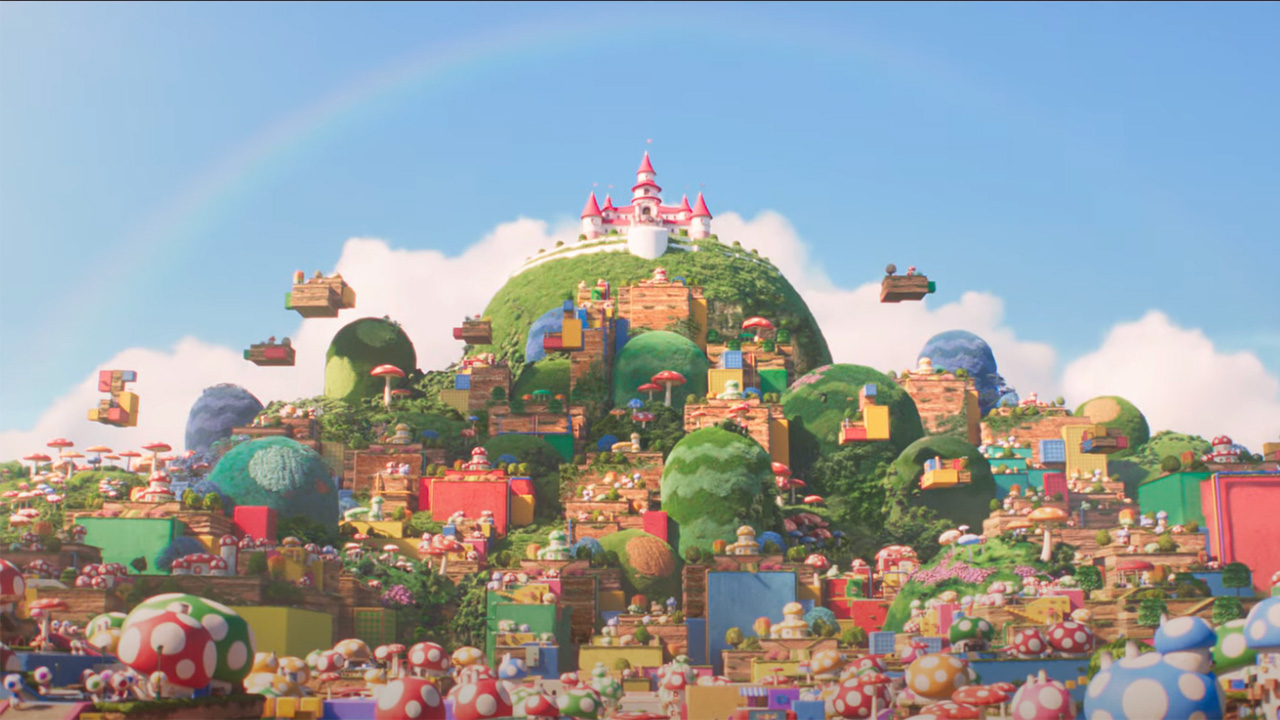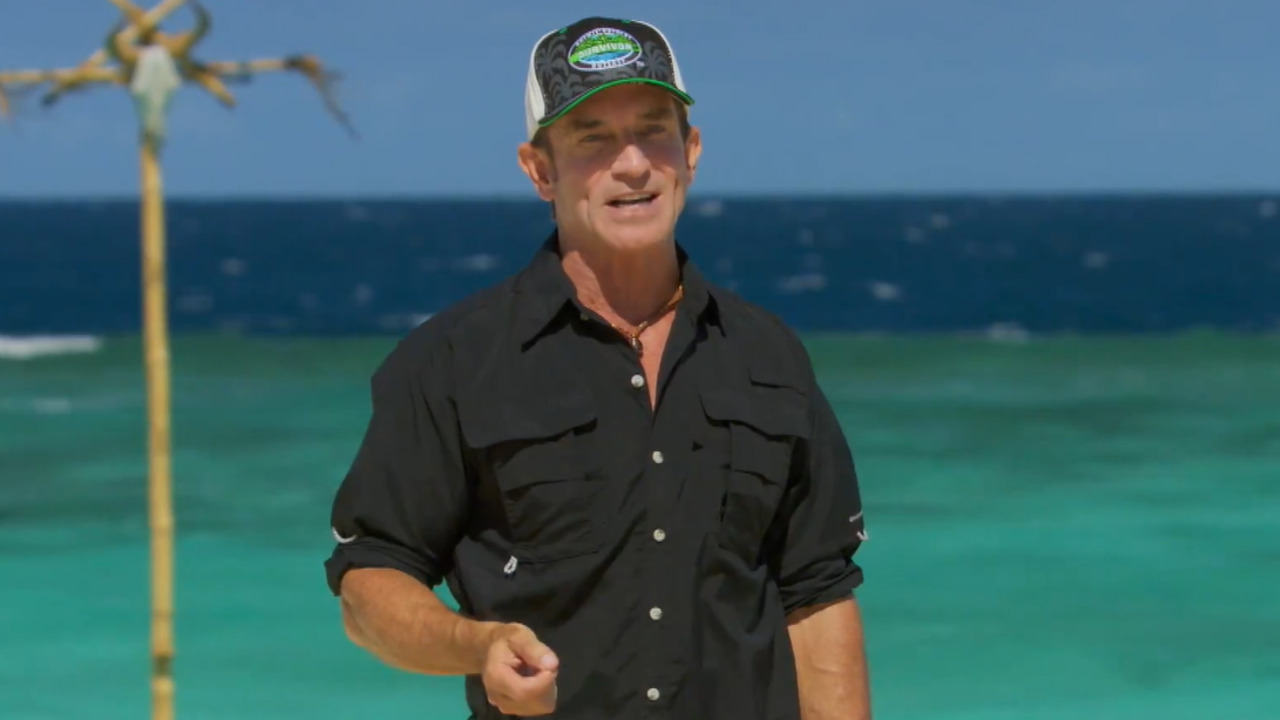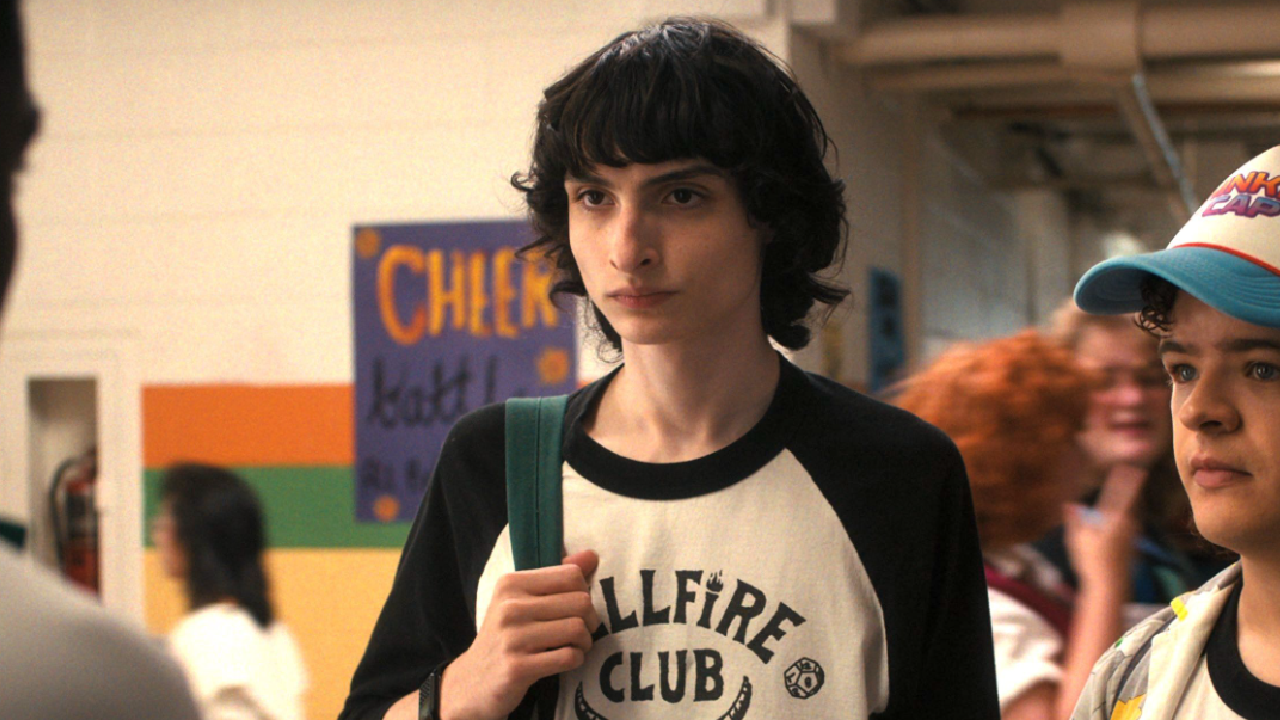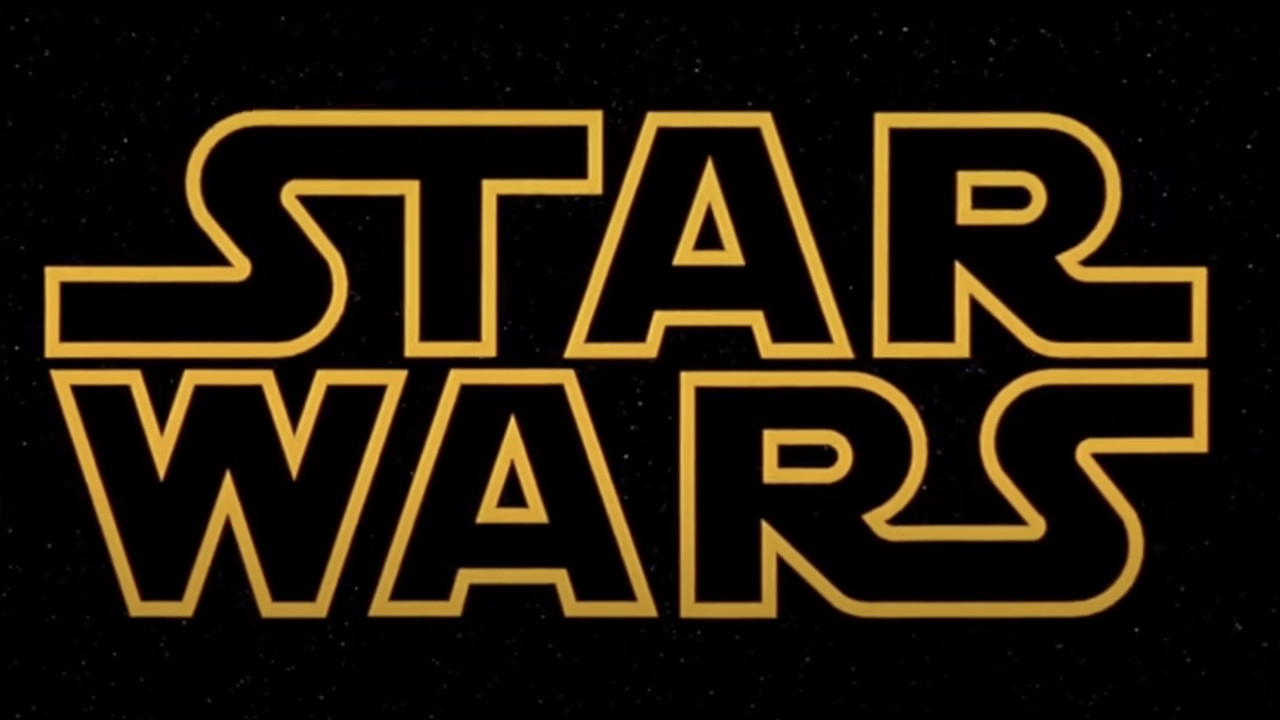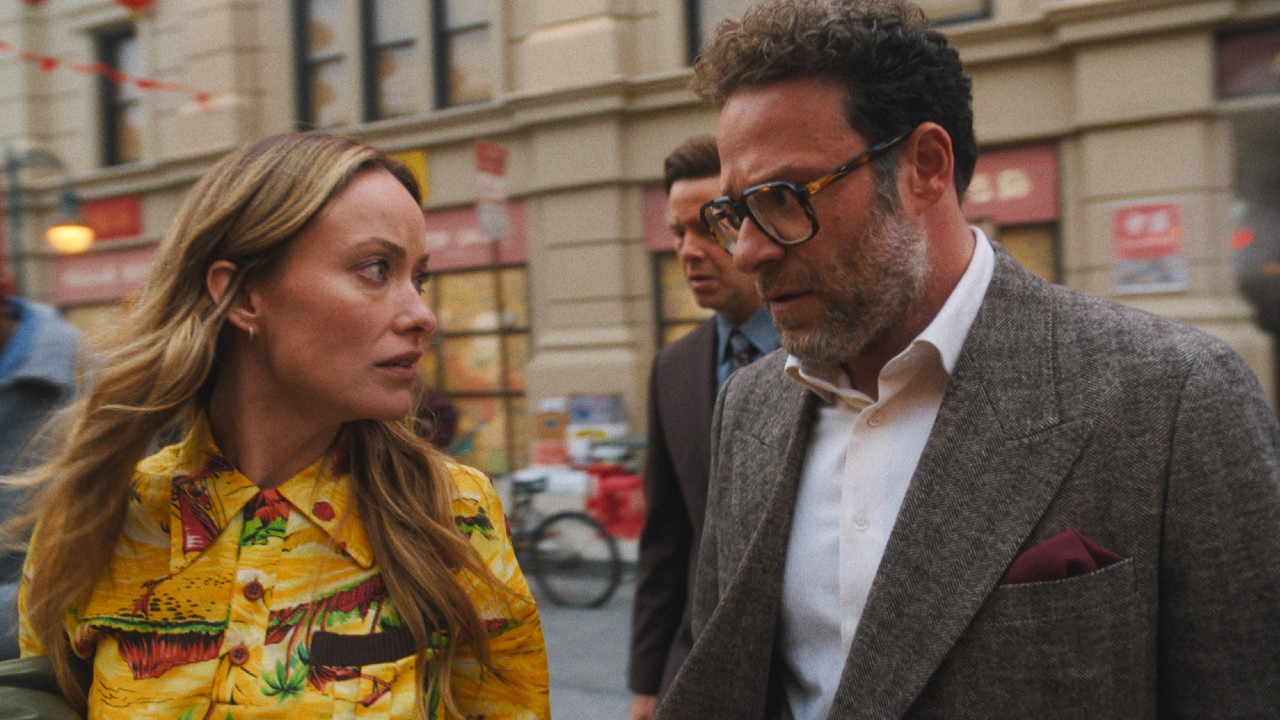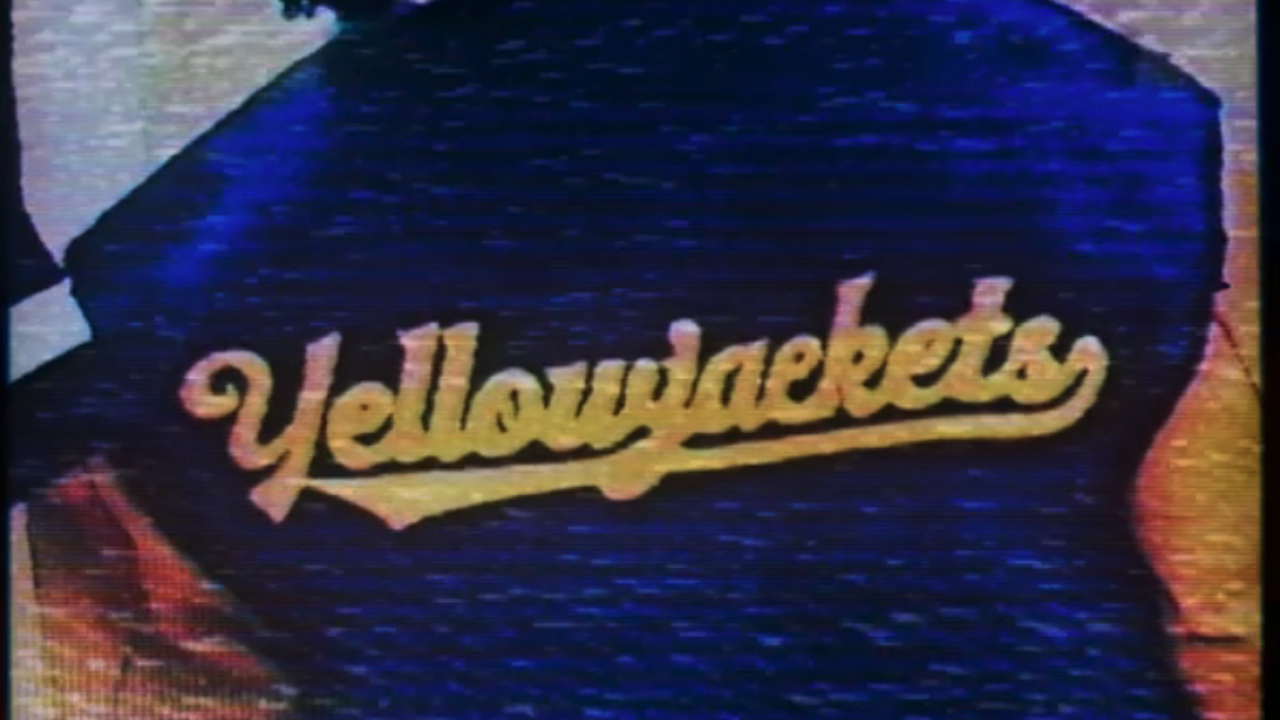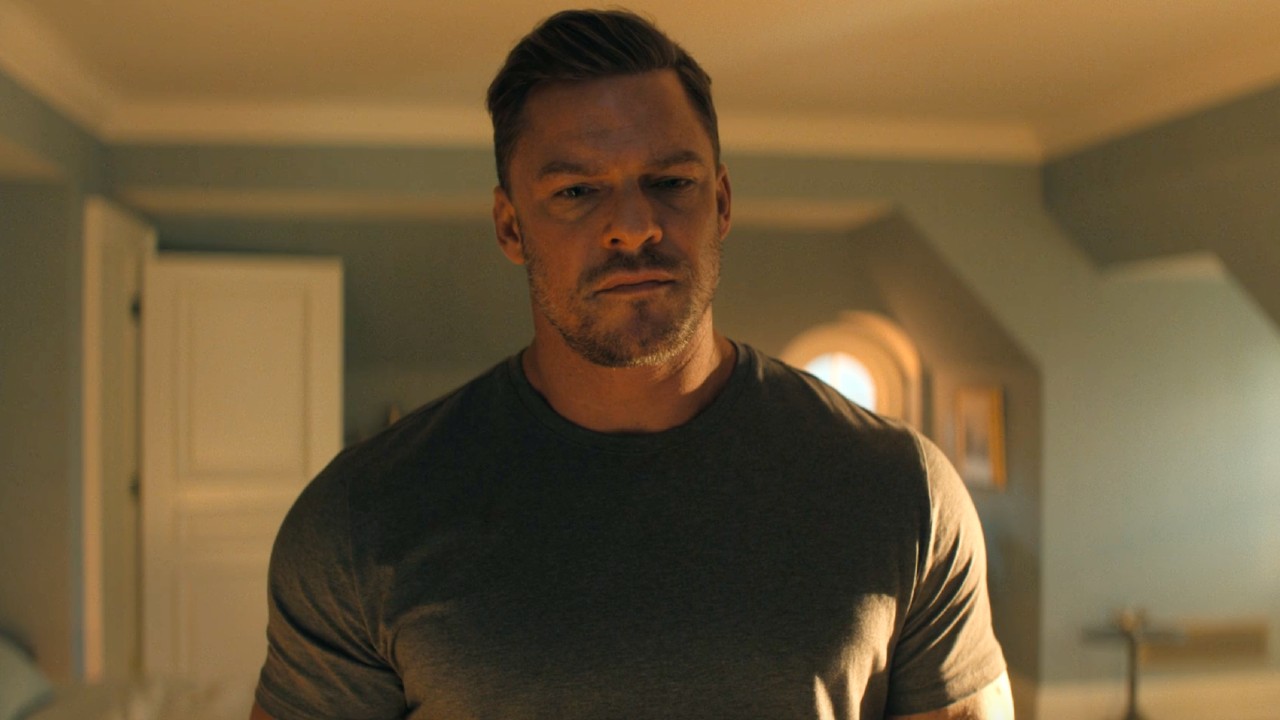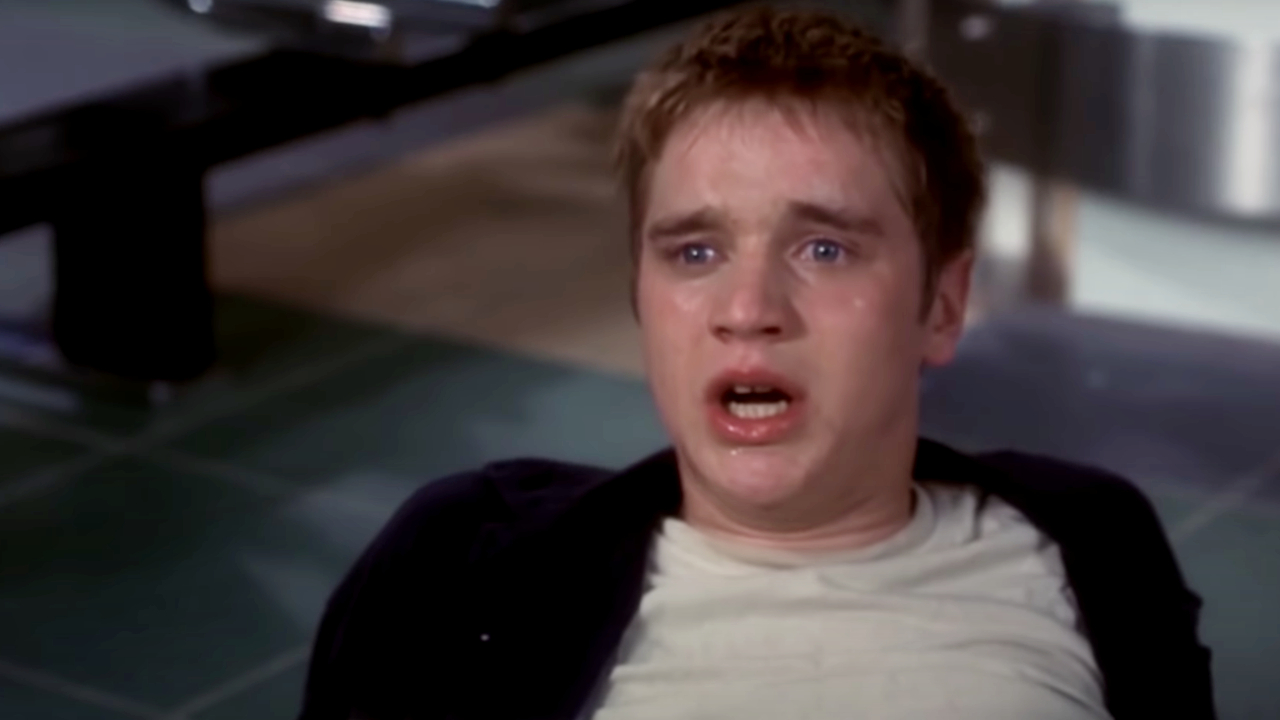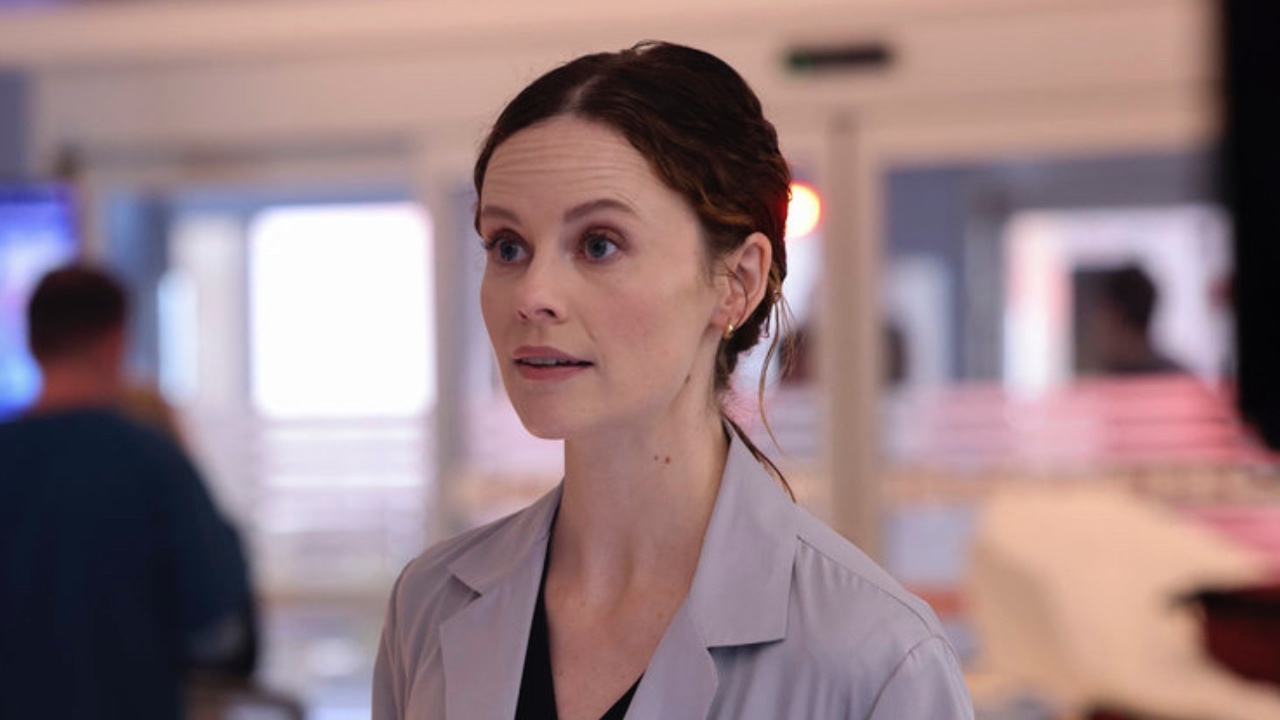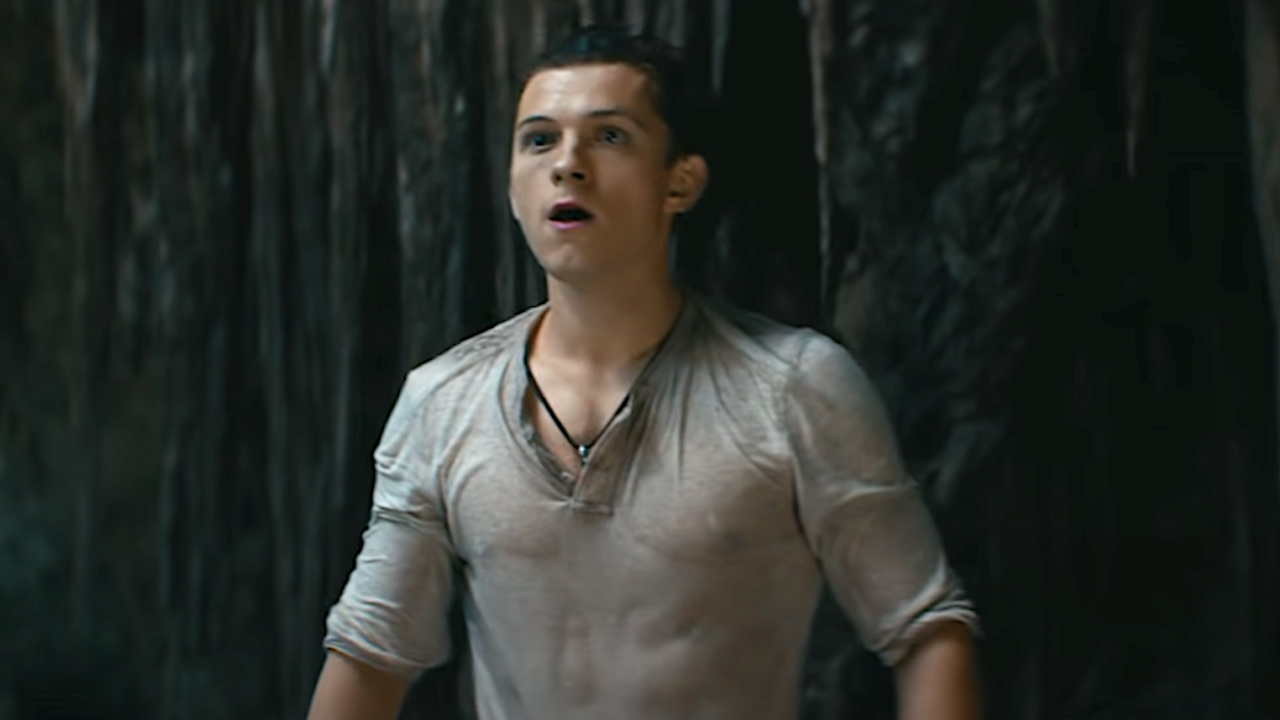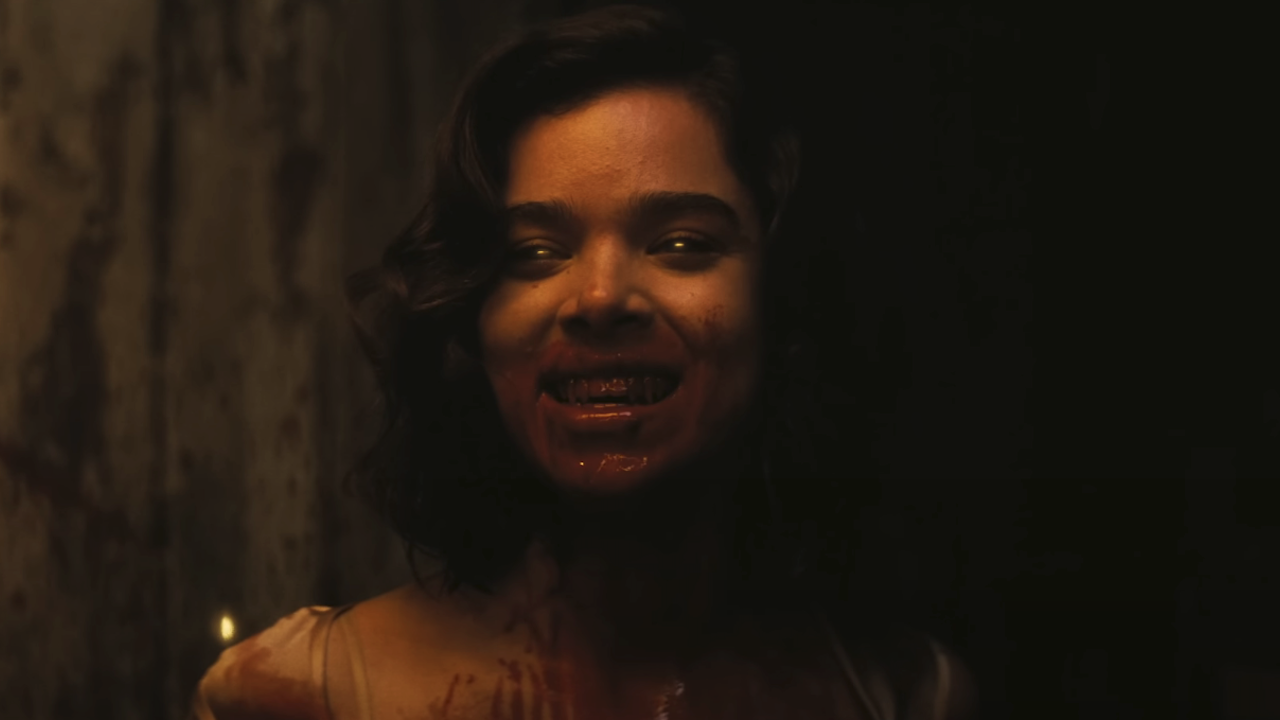What Marvel's The Falcon And The Winter Soldier Is Doing Perfectly So Far
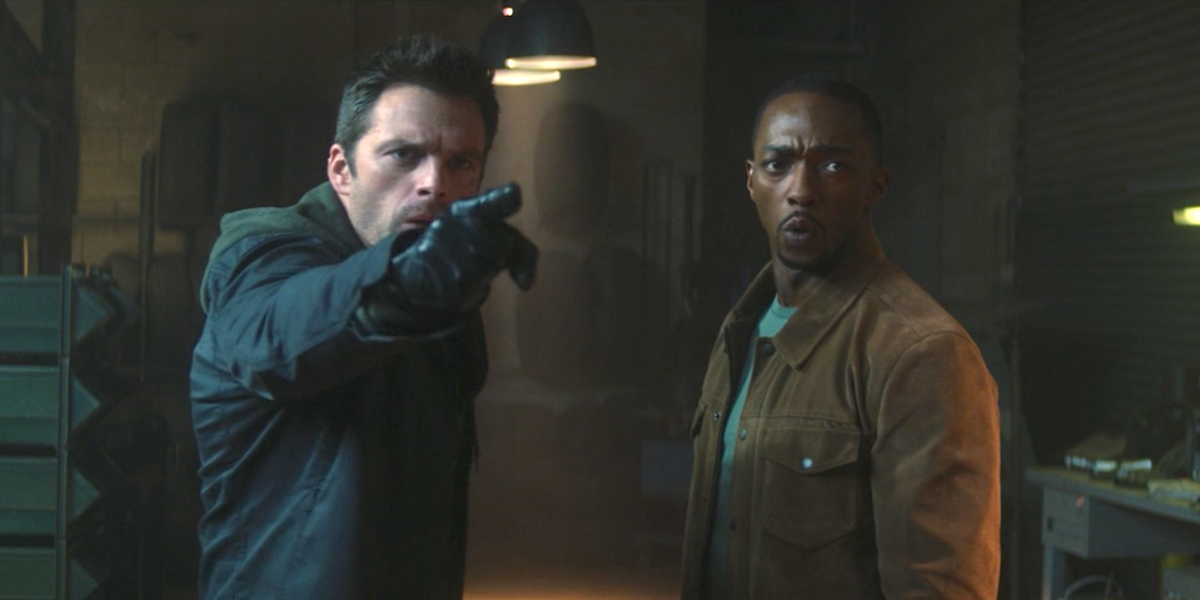
General spoilers below for the first four episodes of The Falcon and the Winter Soldier, so be warned!
As a TV show so expensive that even Marvel capped its run at only six episodes, The Falcon and the Winter Soldier was expected to bring all of that moolah to the screen through big stunts, big effects and big MCU star power. And the Disney+ series absolutely delivers for the most part, though some viewers' mileage may vary for how well the show balances its eye-candy sequences with everything else. Still, the high-flying action and crunchy brawls aren't even where the MCU drama shines the most in my eyes.
For my money, The Falcon and the Winter Soldier's most perfect aspect is the idea that was already built into the concept from the start: the standalone series is a showcase for intriguing and under-utilized MCU characters to further develop their personalities and quirks in ways that theatrical runtimes can't allow for. That goes just as much for Anthony Mackie's Sam Wilson and Sebastian Stan's Bucky Barnes as all of the non-titular characters so let's start off with those gents.
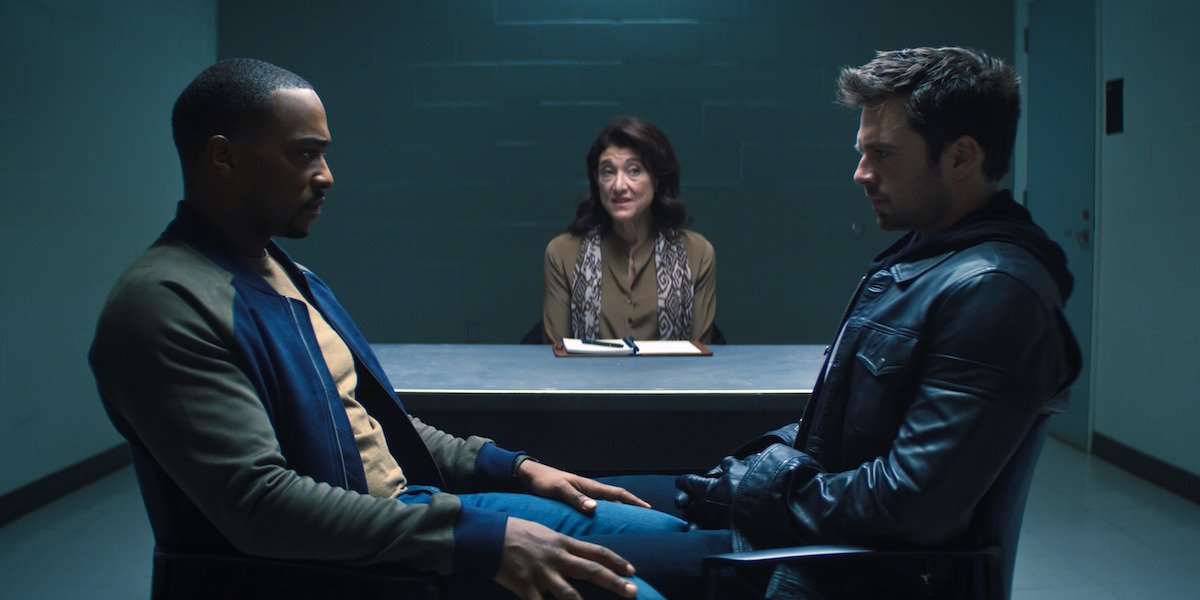
Sam And Bucky Get To Work Out Real Feelings
I'm not going to sit here and argue that Sam's Falcon and Bucky's Winter Soldier haven't been major characters in the MCU thus far, especially considering Sebastian Stan's war veteran was previously name-checked in Captain America's first sequel title. But I'll definitely argue that both Sam and Bucky have more than enough comic history to serve as basis for several seasons of The Falcon and the Winter Soldier outside of Cap's looming shadow (on top of any original stories yet to be crafted). Not to mention both Stan and Anthony Mackie have absolutely earned the chance to bring more Falcon and Winter Soldier tales to audiences, both respectively and as a duo.
It's probably safe to say that both characters already deserved more of the spotlight prior to the events of Avengers: Endgame, but Phase 4 is the ideal time for The Falcon and the Winter Soldier to exist so that it can pack the biggest emotional and psychological punch for both Sam Wilson and Bucky Barnes. Both heroes are finding ways to live in and cope with a world without Steve Rogers and constant Avengers-level missions, much like the show's creative team had to find ways to make those very things happen while writing. And all while dealing with new and unfamiliar threats. Fortunately, 270+ minutes of TV airtime allows for more nuance, depth and levity than even a trio of Marvel movies can usually deliver for supporting characters.
Rather than falling into one extreme (keeping Sam and Bucky apart for most of the season) or the other (inexplicably making them BFFs immediately), The Falcon and the Winter Soldier took a necessary two steps back to address both characters' personal issues without just sweeping them away to embrace the camaraderie. Not only the two men's machismo-infused personal issues with each other, which admittedly make for some of the show's more humorous moments, but also their shared dislike for John Walker's now-spoiled Captain America as the status quo, as well as mutually exclusive problems. From Sam's bank problems regarding his sister to Bucky traversing PTSD amidst a somewhat calmer life, both characters' lives are ripe for exploring in areas that have nothing to do with super-heroics.

Daniel Brühl's Zemo And Emily VanCamp's Sharon Carter Have Invested Arcs
My only real complaint about previous appearances from Daniel Brühl's Zemo and Emily VanCamp's Sharon Carter is that they were too fleeting, challenging the actors to bring memorable performances to such heavily plot-centric roles. Both actors succeeded, obviously, but The Falcon and the Winter Soldier feels like more of a true payoff for their work in the Captain America sequels, even as Sharon's presence is still being cloaked in mystery. Still, that mystery is an integral part of the development process.
CINEMABLEND NEWSLETTER
Your Daily Blend of Entertainment News
Not that watching Sharon's scenes through the first four episodes haven't already been worthy. By the end of her first minute back in front of audiences, Emily VanCamp's former government agent proved she was not the same person (metaphorically speaking) that we saw in Captain America: Civil War. As an enemy of the state, Sharon has clearly done well for herself in the underbelly of Madripoor's crime scene, and theories abound concerning her connection to Power Broker and other antagonistic characters. So even though the character's arc is still embedded in mystery, she has already proven to be a more established character now, and I for one enjoy Sharon's morally dubious and completely understandable turn away from the Steve Rogers road to patriotism.
Which brings us to Daniel Brühl, who may have already stolen this entire show for me, based almost entirely on his work during the episode "Power Broker," though the fun definitely didn't die down in "The Whole World Is Watching." Brühl had already turned Zemo into a top-tier MCU villain during Captain America: Civil War, but I think few would argue that he had enough time in the spotlight. That was thankfully remedied in full during The Falcon and the Winter Soldier, where Zemo has already gifted the world with a variety of GIF-worthy moments, while also reaffirming himself as a charming, hilarious and brilliant villain, even when he's working with (or for) the good guys. Zemo dance party time!
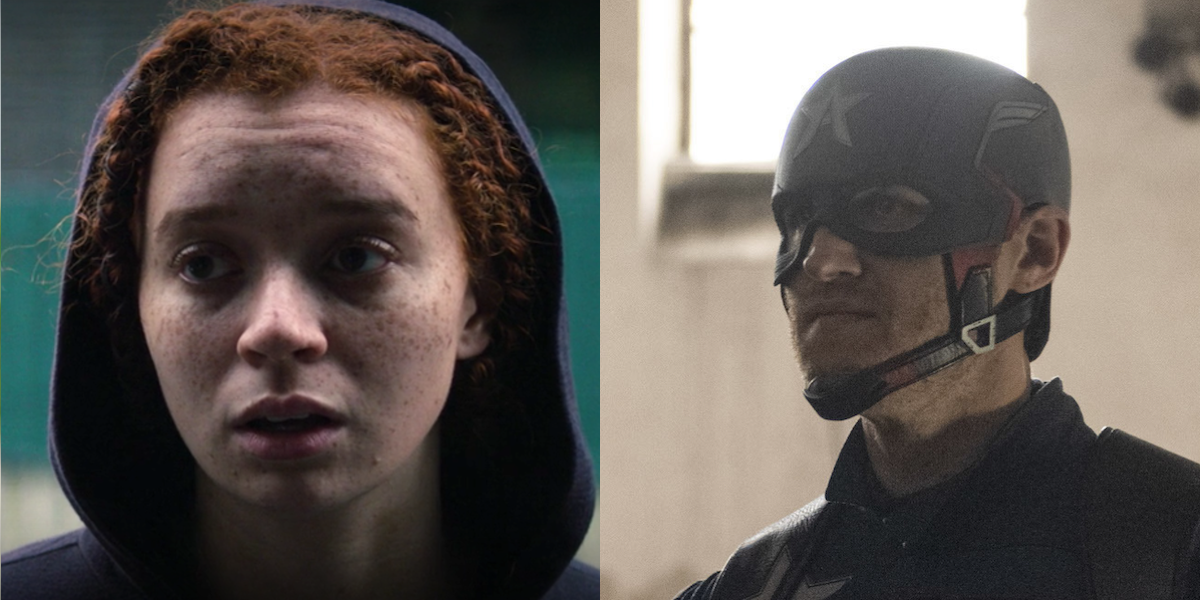
Karli's Flag Smasher And John Walker's Captain America Maintain A Heroic And Villainous Balance
Considering The Falcon and the Winter Soldier's two main characters are a well-respected Avenger and a hero-turned-villain-turned-hero, it makes a measurable amount of sense that the two characters' biggest obstacles are a sympathetic anarchist in Erin Kellyman's Karli Morgenthau and a loathsome "hero" in Wyatt Russell's John Walker. Those dichotomous ideas sound well enough on paper, but I'm consistently impressed by how well showrunner Malcolm Spellman & Co. embraced the duality imbued in both of those characters.
As the namesake leader of the Flag Smashers, Karli knows suffering like the back of her mask, and she has presented a variety of arguably justifiable reasons for not being the most patriotic American these days. Granted, her actions themselves, especially the more destructive and deadly ones, are definitely not as easy to side with. But it's also made obvious that Karli feels some regrets and remorse for her actions, even though she wouldn't reverse them, such is her dedication to the anti-Global Repatriation Council cause. The point is, the Flag Smasher is every bit as much as a human being as she is a villain, which is certainly not always the case with MCU big bads.
Then there's John Walker, a military hero whose ascent to the Captain America mantle is rather hard to grasp in full, considering he is the polar opposite of Chris Evans' Steve Rogers in almost every way. (Which is possibly the point, from the perspective of those who sponsored said ascent.) Therein lies the character's narrative strength, with Walker's Cap standing far apart from the MCU's marquee heroes, and the presence of super-soldier serum in his system has already brought the government-backed hero to a bloody point of no return. Regardless of how much one may not enjoy watching John Walker's narcissism in action, it shouldn't dull any appreciation for Kevin Feige actually allowing Captain America to go down such dark paths in live-action. And on Disney+, no less!
Beyond all the enjoyable and celebratory elements that The Falcon and the Winter Soldier has given TV viewers to this point in its first (and possibly only) season, I hope everyone reading this can agree that its deep exploration of the Captain America film franchise's supporting characters is where the show shines the brightest. And those moments, more than the stunts and the fight scenes, are why I continue tuning in early AF every Friday morning on Disney+ when new episodes debut.

Nick is a Cajun Country native and an Assistant Managing Editor with a focus on TV and features. His humble origin story with CinemaBlend began all the way back in the pre-streaming era, circa 2009, as a freelancing DVD reviewer and TV recapper. Nick leapfrogged over to the small screen to cover more and more television news and interviews, eventually taking over the section for the current era and covering topics like Yellowstone, The Walking Dead and horror. Born in Louisiana and currently living in Texas — Who Dat Nation over America’s Team all day, all night — Nick spent several years in the hospitality industry, and also worked as a 911 operator. If you ever happened to hear his music or read his comics/short stories, you have his sympathy.
